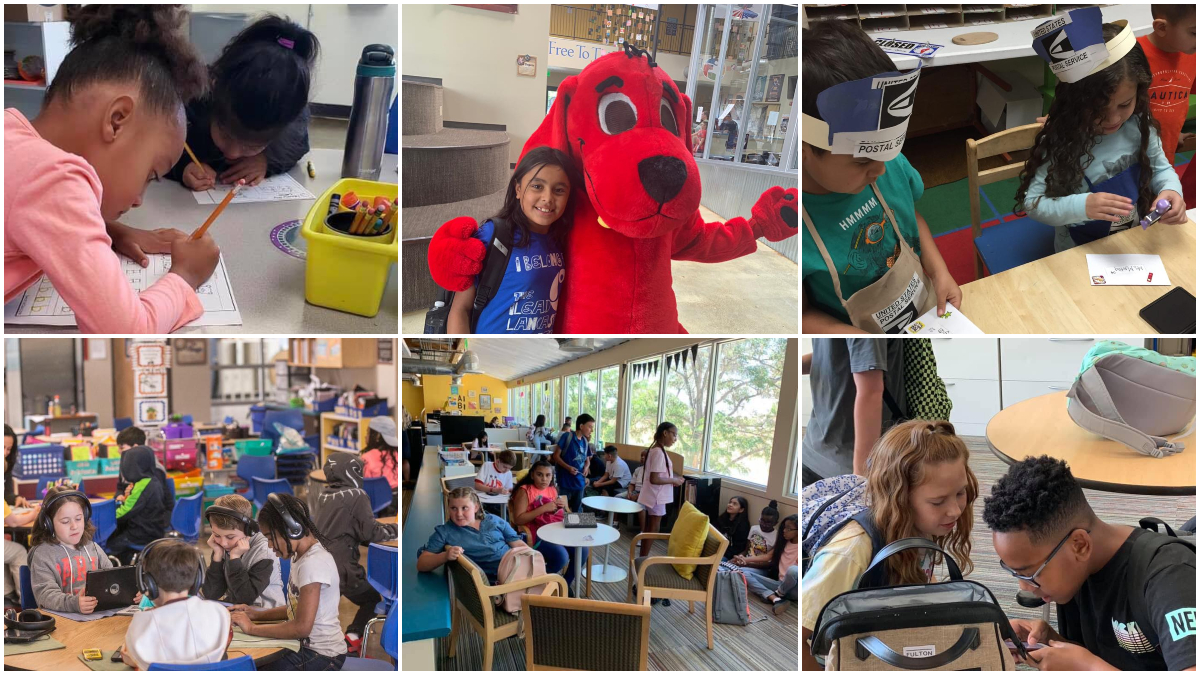Editor’s Note: This is one in a series of articles on the pillars of iLEAD Lancaster’s educational philosophy and approach.
Whether in the classroom, the workplace, relationships, or life in general, learning to compromise can be an important and helpful tool. However, what if there were a way to even further enrich and strengthen our communication and interactions?
That’s what’s behind Habit #6: Synergize.
Synergy brings into focus the old adage that “two heads are better than one.” Instead of merely striking a compromise, synergy allows us to creatively collaborate with others and find new solutions to problems. The essence of synergy is to value and respect our differences, build on strengths, and compensate for weaknesses.
In iLEAD Lancaster culture, when learners are incorporating this habit into their lives, they’re learning to work in groups and building and reinforcing a mind-set that says, “I get along well with others — even people who are different from me.” That lays the foundation to a long-lasting collaborative approach to life in a multicultural and interdependent world.
There are a couple of helpful steps to know if you’re in synergy:
- You have a change of heart.
- You feel new energy and excitement.
- You see things in a new way.
- You feel that the relationship has transformed.
- You end up with an idea or a result that’s better than what either of you started with.
One of the most important keys to synergizing is learning to trust, and that trust is built through communication.
Take, for example, these three levels of communication and the associated levels of trust:
- Defensive communication comes out of low-trust situations. It’s characterized by defensiveness, protectiveness, and legalistic language that prepares for the eventuality that things may go wrong, and that people may become resentful. Such communication isn’t effective and produces only win/lose or lose/lose outcomes.
- Respectful communication is characterized by honesty, authenticity, and respect that produces a low form of win/win, a compromise where one plus one equals one-and-a-half.
- Synergistic communication means that one plus one may equal 8, 16, or even 1,600. The situation produced is better than any originally proposed.
When we learn to see our individual differences as strengths instead of weaknesses, we are well on our way to learning to synergize.
Join us next week as we explore the seventh and final habit: Sharpen the Saw.
For more information on the 7 Habits and other leadership resources, click here to visit the FranklinCovey website.

